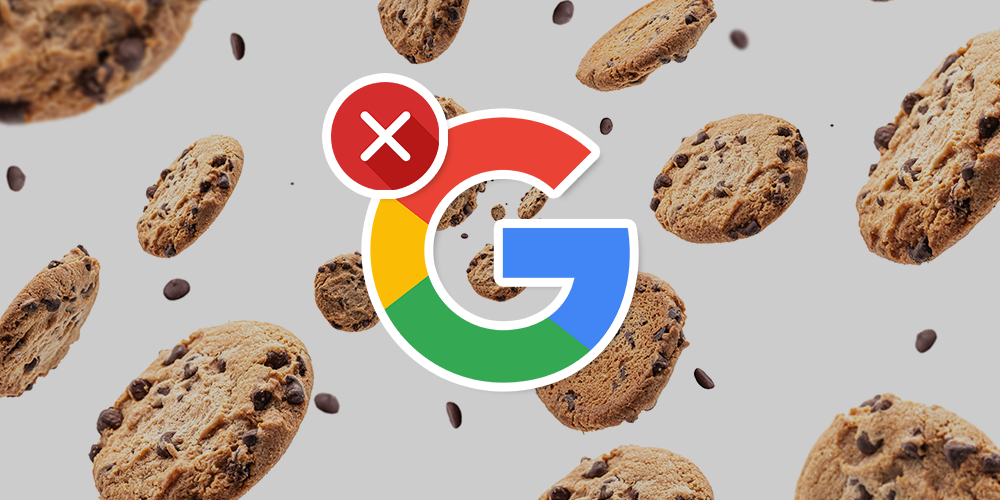Google announced their aim to phase off cookie tracking in 2022. What comes after that?

Written by Sannia Tiwana

Did you realize that cookies will be rendered obsolete in 2022? Not the chocolate cookies, but the third-party cookies used by Google to track the activity of website users. Yes, you read that correctly. Google has announced its digital marketing strategy for 2022, and the cookies craze is coming to an end. We all know that cookies are used to track visitor behavior, but we don't truly understand how it works. This post will explain how cookies to aid in tracking and what else we may do if this option is no longer available. So, let's get started right now!
What exactly are cookies?
In 1994, Lou Montulli, a web browser coder, introduced the notion of cookies. The primary concept behind creating these cookies was to allow customers to save the products they had chosen in an online shopping cart on a website. Initially, cookies were not used for advertising, although they had the capacity to do so. Cookies were later included in Internet Explorer in 1995. Cookies were deemed harmful by the Financial Times in 1997, prompting the first directive to ban cookies on browsers, which were eventually ruled safe to use in 1998.
What role do cookies play in advertising?
Every browser uses cookies to store information about you, such as your location, your interests based on your searches, your online browsing history, your web search history, and the information you've placed into forms. Websites that save cookies use this information to target you for advertising campaigns if your interests fit their marketing niche.
Many ad companies and data brokers use third-party cookies to track your movements throughout the internet. They may track the websites you visit and use that data to build a profile of you and your interests, which is then used to tailor adverts to you.
Why did Google aim to discontinue the usage of cookies?
The initial issue that people had as a result of cookies was where they may be utilized. People who respect their online privacy frequently object to being tracked in this manner. Some browsers have responded by prohibiting third-party cookies. Google stated in January 2020 that third-party cookies will be removed from Chrome by 2022. The business has pledged to spend the next two years developing a considerably more secure replacement that both customers and advertisers would choose.
What happens if there aren't any more cookies?
Knowing that cookies will soon be phased out is cause for alarm for digital marketers. The first thing that would come up in their minds is how they will track user information. Although Google has not yet made a decision, people are considering alternative methods of tracking data. In some ways, it benefits those who desire privacy, but it may be difficult for digital marketers to find an alternative. Let us know what you think in the comments.
Also Read: Here is what the future of online advertising looks like after Google bans 3rd party cookies
Originally Published December 14, 2021 01:30 PM, Updated December 20, 2021.



